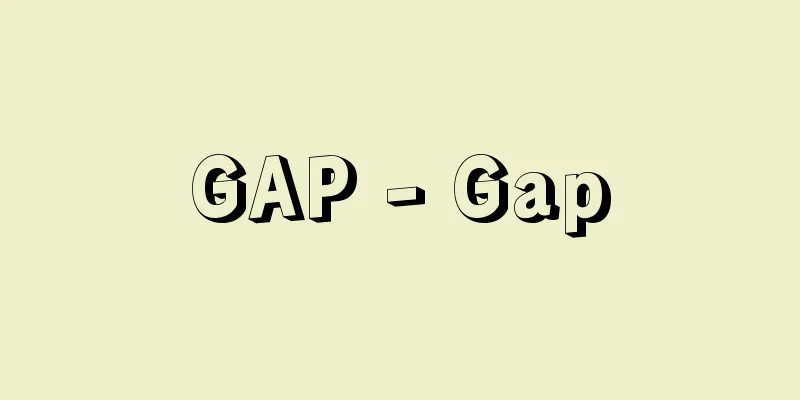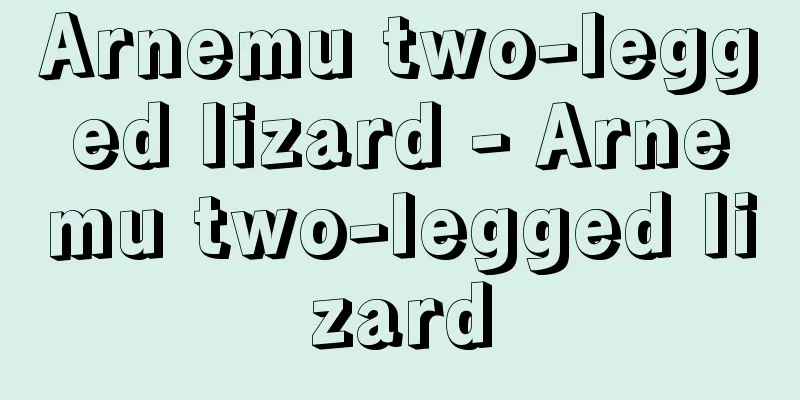Kabbalah; Kabala

It refers to a developed form of Jewish mysticism and theosophy that was formed around the 12th and 13th centuries, and more generally to a series of esoteric Jewish doctrines dating back to ancient times. The etymological meaning of Kabbalah is "that which is received," and it referred to Jewish books and prophetic writings other than the Pentateuch. In the pietistic movement that began in the Rhineland in the 12th and 13th centuries, methods were used to interpret ancestral prayers, such as assigning a certain number to each alphabet to find the numerical value of the text, or creating words by combining initial letters. These interpretation techniques were also systematized as meditation techniques, and eventually spread from southern France to Spain, where they reached their peak. Nahammanides' commentary on the Pentateuch is considered one of his masterpieces. In it, he explores, in the form of annotations, the hidden mysteries of the infinite God that are not mentioned in orthodox Judaism. This direction had a major influence on the subsequent development of Jewish thought, and in the 18th century it took the form of Hasidism and spread to many Jews in Eastern Europe. Kabbalah |
12~13世紀頃に形成されたユダヤ神秘主義および神智学の発展した形態をいい,さらに一般的には,古代にまでさかのぼるユダヤ教の一連の秘教的な教理をいう。カバラは語源からいって「受取られたもの」をさし,モーセ五書以外のユダヤ教の諸書および預言書を意味した。 12~13世紀にライン地方で始った敬虔主義的な運動のなかでは,父祖伝来の祈祷を解釈するために,各アルファベットに一定の数を当てて文章の数値を発見したり,頭文字の組合せによる造語を行うなどの方法が用いられた。こうした解釈技法は,また瞑想の技法としても体系化され,やがて南フランスからスペインにかけて広まって,最盛期を迎えた。ナハマニデスのモーセ五書注解はその代表作の一つとされる。そのなかでは,注釈の形を借りて,正統的ユダヤ教では触れられることのない無限なる神の隠れたる秘義が探求されている。こうした方向は,その後のユダヤ教思想の展開に大きな影響を及ぼし,18世紀にはハシディズムという形態をとって,東ヨーロッパのユダヤ人の多くに浸透した。
カバラ
|
<<: Kahariye Camii (English spelling)
Recommend
Department of Medicine
Temporary tax. See the entry for 'ka' in t...
Edigyu - Edigyu
...They speak the Turkic language Nogai, and in t...
Chiaroscuro (English)
A term used in art. A painting technique that exp...
center of gravity
…The line segments connecting each vertex of a te...
Bethlehem
A town in the mountains 8km south of Jerusalem in ...
Yuwen Maozhao - Ubunbosho
...It contains 26 volumes of the annals, 1 volume...
Gram, C. (English spelling) GramC
...By weight, the non-water content is roughly 50...
Heterotropa megacalyx (English spelling) Heterotropamegacalyx
… [Mitsuru Hotta]... *Some of the terminology tha...
Merienda
…All the cuisines share the common elements of ol...
Self-Defense Forces - Self-Defense Forces
The Self-Defense Forces Law states that the Self-...
Ivy Compton-Burnett
1892‐1969 British female novelist. Born in London,...
Emonfu - Emonfu
〘Noun〙 One of the government offices under the Rit...
Kyohai - Kyohai
〘Noun〙① Haikai with jokes and playfulness as its c...
Nebkha
... As the sand moves, the grains become rounded ...
Trochaios
… [Metre, or poetic foot] A step (also called a f...









